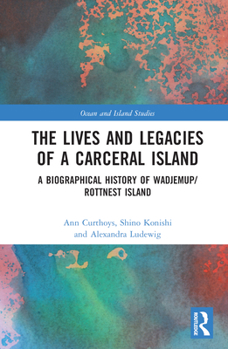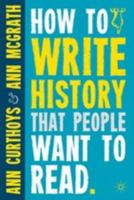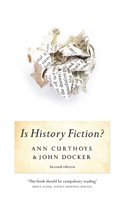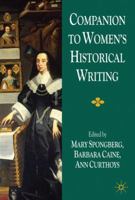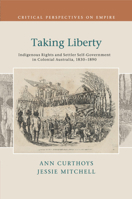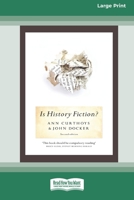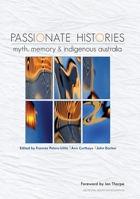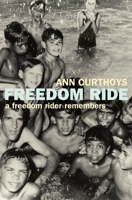The Lives and Legacies of a Carceral Island
Select Format
Select Condition 
Based on Your Recent Browsing
Book Overview
This book is a biographical history of Rottnest Island, a small carceral island offshore from Western Australia. Rottnest is also known as Wadjemup, or "the place across the water where the spirits are", by Noongar, the Indigenous people of south-western Australia.
Through a series of biographical case studies of the diverse individuals connected to the island, the book argues that their particular histories lend Rottnest Island a unique heritage in which Indigenous, maritime, imperial, colonial, penal, and military histories intersect with histories of leisure and recreation. Tracing the way in which Wadjemup/Rottnest Island has been continually re-imagined and re-purposed throughout its history, the text explores the island's carceral history, which has left behind it a painful community memory.
Today it is best known as a beach holiday destination, a reputation bolstered by the "quokka selfie" trend, the online posting of photographs taken with the island's cute native marsupial. This book will appeal to academic readers with an interest in Australian history, Aboriginal history, and the history of the British Empire, especially those interested in the burgeoning scholarship on the concept of "carceral archipelagos" and island prisons.











